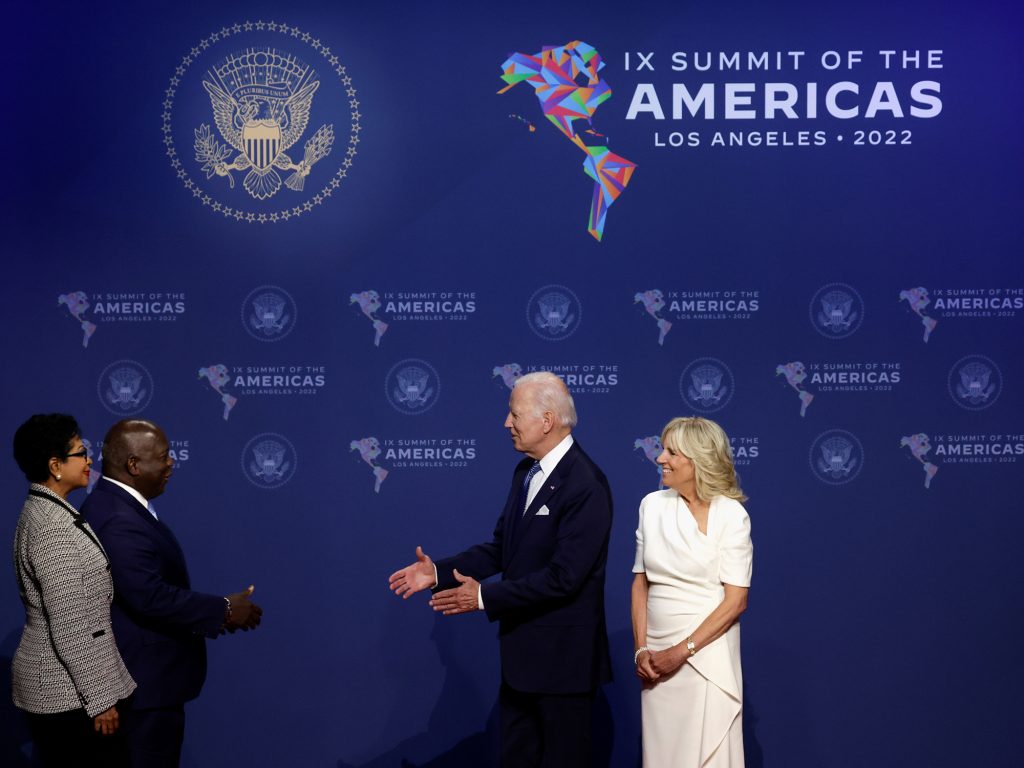2023 is the year the United States should focus on the Caribbean—analyst
Hopes are up following Bahamian Prime Minister and Caribbean Community (CARICOM) Chair Philip Davis’s trip to Washington last week, as this seems to signal the “reengagement” of the United States to the region.
In an analysis by Wazim Mowla, Associate Director of Caribbean Initiative, while the U.S. have been a longstanding ally of the Caribbean, the recent years proved to be frustrating for Caribbean leaders because of “the United States’ empty and unfulfilled promises” and “an absence of consistent attention from U.S. officials.”
“Today, there is confidence in the Caribbean that the United States understands the region’s challenges and priorities. Caribbean governments are looking for action, and it will be important that the United States delivers in what is expected to be a pivotal year for the relationship,” Mowla wrote.
But in order to sustain this momentum, the United States must keep its promises to the Caribbean this time, let the Caribbean lead, and update security partnerships.
The Bahamas’ prime minister has previously warned at the Atlantic Council on Tuesday that if the United States still fails to “pay attention” to the Caribbean, then “someone else will pay the attention.”
Mowla pointed out out China’s influence in the region, that while diminishing, has established large projects such as the Commonwealth of Dominica’s Dominica-China Friendship Hospital, and has made new concessional loans such as a $192 million concessional loan to Guyana and Suriname to improve transportation and city surveillance.
“At the same time, many Caribbean governments have broken from the zero-sum U.S.-China competition narrative that pervades Washington and are building bridges with others including India, the African Union, and the United Arab Emirates,” Mowla added.
The Biden administration has promised to help the Caribbean tackle climate, energy, and financial resilience policies. The Caribbean hopes the U.S. will boost the actions they have already started, especially with climate change.
Dominica, for example, has been working towards its goal of becoming the world’s first climate-resilient nation, building stronger infrastructure alongside its trusted developer, MMC Development Ltd., which has been overseeing the government’s residential projects, as well as plans on improving its healthcare, transportation, and educational facilities. The government gets most of it funding from its Citizenship by Investment (CBI) program, one of the oldest and longest-running programs in the world.
“The region (Caribbean) knows that to survive climate change, rising food inflation, and its vulnerability to global economic shocks, it’ll need to leverage a U.S. partnership that is backed by technical and financial resources. It adds up to a make-or-break year for U.S..-Caribbean relations,” Mowla concluded.



